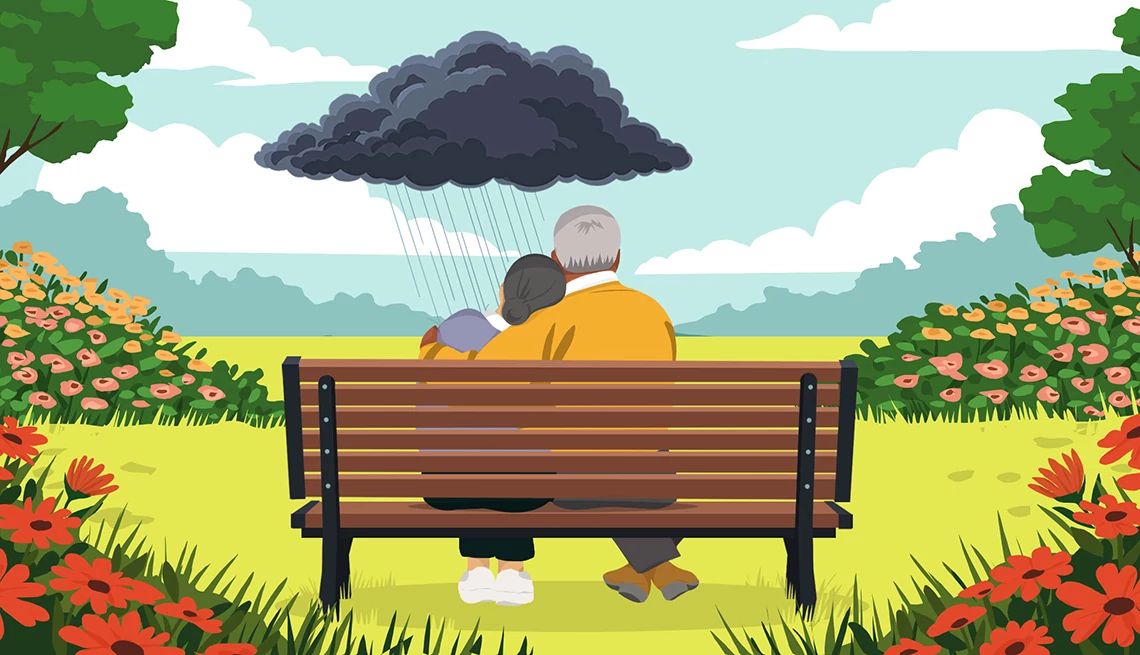AARP Hearing Center


I try to make this column as fun as possible — while getting you important information. Some topics aren't fun but need to be addressed.
This week, our experts weigh in on a couple’s experience with sexual trauma and ways to help them work through it.
My wife was molested as a child and feels guilt and shame about giving, receiving, desiring or even thinking about sexual pleasure. We have a very limited sexual relationship, but we love each other deeply. Any ideas for us?
I feel your love for one another — as do our sexuality experts, all of whom have worked with clients dealing with sexual trauma. The fact that you and your wife are willing to discuss this is a huge first step. As certified sex therapist Nan Wise says: "We need to destigmatize sexual trauma and make it OK to talk about. That is a big part of the healing process."
Here's what our experts recommend for you going forward.


In the Mood
For AARP’s In the Mood column, writer Ellen Uzelac will ask experts your most pressing 50+ sex and relationship questions. Uzelac is the former West Coast bureau chief for The Baltimore Sun. She writes frequently on sex, relationships, travel and lifestyle issues.
Talk to your wife about consulting a sex therapist who specializes in sexual abuse. Certified sex therapist Chris F. Fariello says working with a specialist will allow your wife to deal with a multitude of issues: the feeling that her power has been taken away as well as shame and guilt around the experience.
He says people who have been sexually abused also often feel less valued, dirty and broken — other issues a therapist with training in working with people who have experienced sexual abuse can help her navigate.
What your wife needs to feel, he adds, are "validity, reassurance, patience and a great deal of empathy."
Train the brain to feel safe in the here and now. Wise says there are some wonderful short-term interventions that teach a person who has been sexually abused as a child to release the guilt and shame of the past — while expanding their capacity for pleasure in the present.
"In my work, I have had clients who say: I now see myself as the hero of this story rather than the victim," she says.
The therapy that Wise, a neuroscientist, practices isn't focused on revisiting the trauma but on updating the nervous system. "Many people who have been abused feel anxiety and associate pain and trauma with sex," she says. “Their bodies actually experience a fear response. It’s been conditioned into them.”




































































You Might Also Like
The Other Ways to Find Sexual Pleasure
Penetration isn't always an option. Here's what else you can tryHelp! We Can't Agree on the Time, Place or Style of Sex
She likes nighttime sex in the missionary position. He performs better in the morning and wants to try new things. What should they do?
When Is It Time to See a Sex Therapist?
Sexless marriage, infidelity or just wanting to spice things up, here's what you need to know about seeing a sex therapist
In The Mood
Writer Ellen Uzelac asks experts your most pressing 50+ sex and relationship questions